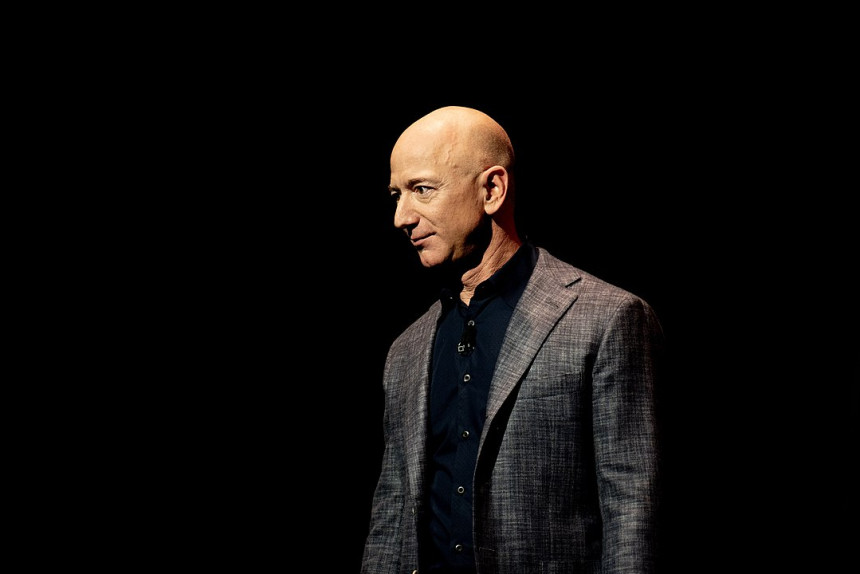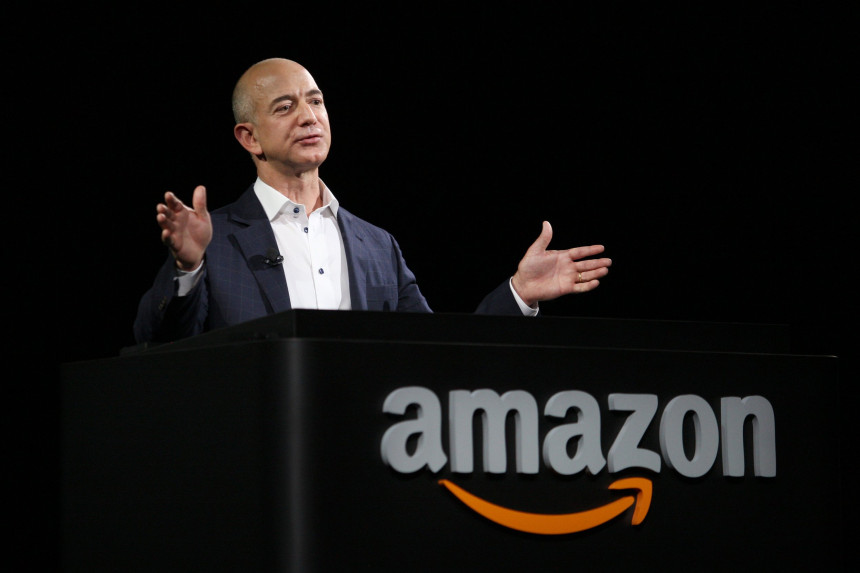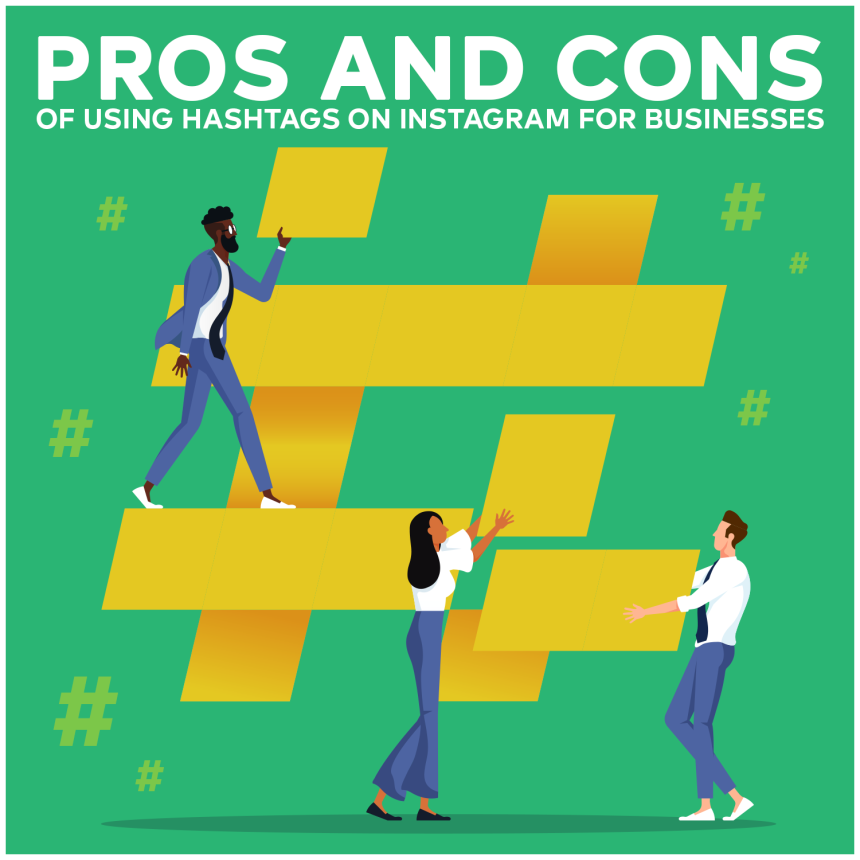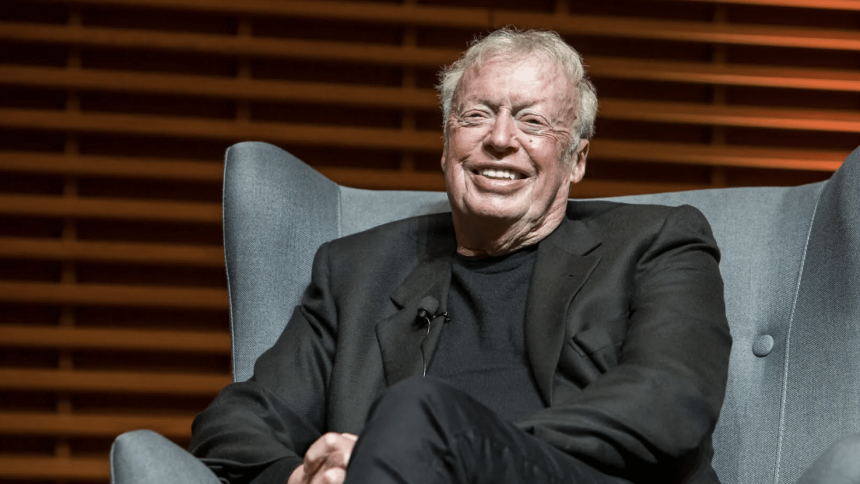
Jeff Bezos Net Worth and Success Story
Jeffrey Preston Jorgensen, known today as Jeff Bezos, was born on January 12, 1964, in Albuquerque, New Mexico. His mother, Jacklyn, was a teenager when he was born, and his biological father, Ted Jorgensen, owned a bike shop. When Jeff was four years old, his mother remarried Miguel “Mike” Bezos, a Cuban immigrant who adopted Jeff and gave him his last name. Bezos showed an early interest in science and technology. He moved with his family to Houston, Texas, where he attended River Oaks Elementary School. Later, they relocated to Miami, Florida, where he graduated from Miami Palmetto Senior High School. Bezos was valedictorian of his class, a National Merit Scholar, and a Silver Knight Award winner in 1982. He went on to attend Princeton University, graduating in 1986 with a degree in electrical engineering and computer science.
Early Career
After graduating from Princeton, Bezos worked on Wall Street in a variety of roles. He started at Fitel, a fintech telecommunications startup, where he helped build a network for international trade. He then moved to Bankers Trust, rising to the vice president position before moving to D.E. Shaw & Co., a newly founded hedge fund. At D.E. Shaw, Bezos worked under David E. Shaw and quickly advanced to senior vice president, making a name for himself as a talented and innovative thinker.
Founding Amazon
The idea for Amazon came to Bezos during a cross-country drive from New York City to Seattle in 1994. Inspired by the rapid growth of Internet use, Bezos saw an opportunity to sell products online. He compiled a list of 20 products that could be marketed via the Internet and decided that books were the most viable option due to the large number of titles available and the ease of shipping.
In July 1994, Bezos founded Amazon.com in his garage. He initially named it "Cadabra," but quickly changed it to Amazon, after the world's largest river, to convey the vast selection of books available. Bezos and his early team began developing software and launched the site in July 1995. Within the first month, Amazon sold books in every U.S. state and 45 countries around the world.
Rapid Growth and Expansion
Amazon's growth was meteoric. By 1996, the company had $15.7 million in revenue, and by 1997, it went public with an initial public offering (IPO) of $18 per share. Despite skepticism from analysts about the viability of online retail, Amazon expanded its product line beyond books to include music, DVDs, electronics, and more.
Bezos’s long-term vision for Amazon was to become the "everything store." He invested heavily in infrastructure, technology, and logistics to scale the business. This strategy involved initially sacrificing profits to gain market share and build a loyal customer base. Amazon introduced revolutionary services like customer reviews, 1-Click ordering, and personalized recommendations, which set new standards for e-commerce.
Diversification and Innovations
Throughout the early 2000s, Amazon continued to diversify its product offerings and enter new markets. Bezos was instrumental in fostering a culture of innovation within the company. In 2005, Amazon launched Amazon Prime, a subscription service offering free two-day shipping, which significantly boosted customer loyalty and sales.
Amazon Web Services (AWS), launched in 2006, was another groundbreaking initiative. Initially designed to provide infrastructure and cloud computing services for Amazon's own operations, AWS quickly grew into a major revenue stream as businesses and governments adopted its services. Today, AWS is the world’s leading cloud platform, providing a range of services from computing power to storage and databases.
Kindle and Digital Content
In 2007, Amazon revolutionized the publishing industry with the introduction of the Kindle, an e-reader designed to make reading digital books convenient and enjoyable. The Kindle's success spurred the growth of the digital book market and solidified Amazon's position as a leader in digital content. The Kindle ecosystem expanded to include various models, apps, and a vast digital library, further embedding Amazon in the daily lives of its customers.
Acquisition Strategy
Bezos's strategic acquisitions played a critical role in Amazon's growth and diversification. Some notable acquisitions include:
- Zappos (2009): An online shoe and clothing retailer known for its exceptional customer service.
- Whole Foods Market (2017): A high-end grocery chain that provided Amazon with a physical retail presence and expertise in the grocery sector.
- Twitch (2014): A live streaming platform focused on video gaming, which expanded Amazon’s reach into digital entertainment.
- Ring (2018): A home security company that aligned with Amazon's interests in smart home technology.
These acquisitions not only diversified Amazon’s offerings but also integrated seamlessly into its ecosystem, enhancing customer experience and expanding market reach.
Blue Origin and Space Exploration
In addition to his work with Amazon, Bezos founded Blue Origin in 2000, a private aerospace manufacturer and sub-orbital spaceflight services company. Blue Origin's mission is to make space travel affordable and accessible, with the long-term goal of enabling human settlement in space. The company has developed reusable rocket technology, and in 2021, Bezos himself flew to space aboard Blue Origin's New Shepard rocket.
Philanthropy and The Day One Fund
Despite criticism for his relatively modest early philanthropic efforts, Bezos has increased his charitable contributions in recent years. In 2018, he announced the Day One Fund, a $2 billion initiative aimed at funding existing nonprofits that help homeless families and creating a network of new, nonprofit preschools in low-income communities. Bezos has also made significant contributions to environmental causes, including a $10 billion pledge to fight climate change through the Bezos Earth Fund.
Divorce and Wealth Management
In 2019, Bezos and his wife, MacKenzie Scott, announced their divorce after 25 years of marriage. As part of the settlement, Scott received 25% of their Amazon stock, valued at approximately $36 billion at the time. Despite this, Bezos remained the largest shareholder and retained control over Amazon.
Net Worth and Wealth Management
As of 2024, Jeff Bezos's net worth is estimated to be around $190 billion, making him one of the richest individuals in the world. His wealth is primarily tied to his substantial holdings in Amazon, which remains a dominant force in global retail, cloud computing, and beyond.
Bezos manages his wealth through a variety of investments and ventures. He owns The Washington Post, which he purchased in 2013 for $250 million, revitalizing the newspaper through technological innovation and strategic investments. His real estate portfolio includes several multimillion-dollar properties across the U.S., including homes in Washington, D.C., Beverly Hills, and New York City.

Leadership Style and Vision
Bezos is known for his customer-centric approach, long-term thinking, and willingness to take risks. He fosters a culture of innovation and experimentation at Amazon, encouraging employees to think big and embrace failure as a part of the learning process. His leadership principles, outlined in Amazon's 14 Leadership Principles, emphasize customer obsession, ownership, and high standards.
Bezos's vision extends beyond commerce. He is passionate about space exploration and believes in the importance of addressing climate change and other global challenges. His ventures in space through Blue Origin and his environmental initiatives reflect his desire to have a lasting impact on humanity and the planet.
Challenges and Criticisms
Despite his immense success, Bezos and Amazon have faced numerous challenges and criticisms. Labor practices at Amazon warehouses have come under scrutiny, with reports of demanding working conditions, inadequate breaks, and limited job security. Amazon has also been criticized for its environmental impact, though the company has committed to ambitious sustainability goals, such as achieving net-zero carbon emissions by 2040.
Bezos himself has faced criticism for his wealth and perceived lack of philanthropic giving relative to his net worth. However, his recent initiatives, such as the Day One Fund and the Bezos Earth Fund, suggest a growing commitment to addressing social and environmental issues.
The Future of Amazon and Bezos's Legacy
Looking ahead, Amazon's future appears bright. The company continues to innovate and expand into new markets, including healthcare, autonomous vehicles, and artificial intelligence. Bezos's leadership has laid a strong foundation for continued growth and innovation, even as he steps back from day-to-day operations.
In 2021, Bezos announced he would transition from CEO to Executive Chairman of Amazon, allowing him to focus more on Blue Origin and other ventures. Andy Jassy, the former head of AWS, succeeded him as CEO, ensuring continuity in Amazon's strategic direction.
Conclusion
Jeff Bezos's journey from a small garage startup to building one of the most valuable companies in the world is a testament to his vision, innovation, and relentless drive. His impact on e-commerce, cloud computing, and digital content has reshaped industries and changed the way people shop, consume media, and use technology.
Bezos's success story is marked by his willingness to take risks, embrace failure, and think long-term. His ventures, including Blue Origin and his philanthropic efforts, reflect a broader vision for the future, aimed at improving life on Earth and beyond.
As Bezos continues to pursue his passions and address global challenges, his legacy as a pioneer in technology and commerce, as well as a visionary for the future, will likely endure for generations to come.





